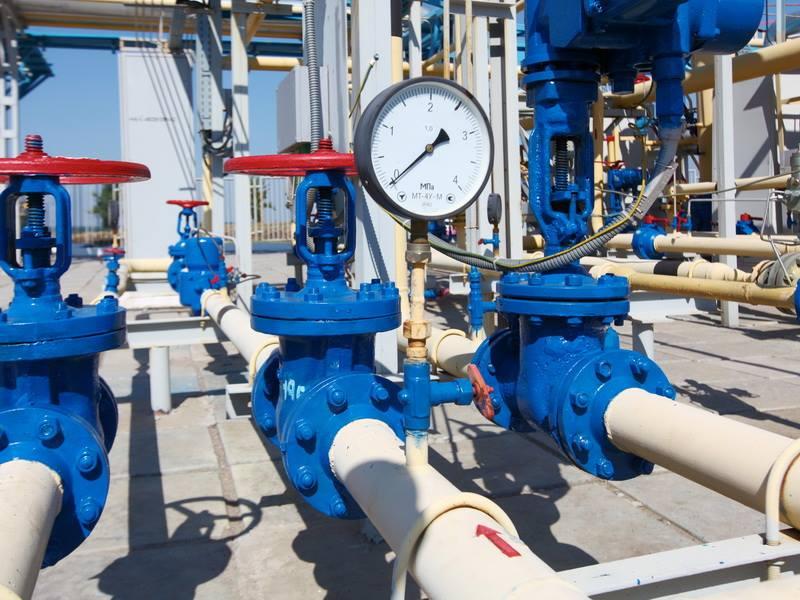BAKU, Azerbaijan, Sept.18
By Leman Zeynalova – Trend:
Although the current gas consumption in the South-East Europe (SEE) is relatively low, except for Romania and Ukraine, the lack of natural gas resources in the area turned into an import dependency and a security of supply issue, said Boyana Achovski, General Secretary of the international organization Gas Infrastructure Europe (GIE), Trend reports.
She pointed out that for the short and medium term perspective, the gas will still have its part in the energy mix in Southeast Europe (SEE), especially for:
- Power generation and heating (individual and district heating and cooling) by replacing coal or oil with gas;
- Transport, both road and sea (most of the SEE countries have sea access) by using LNG as a fuel.
“The mindful gas infrastructure development in SEE is also considered at EU level. Whilst the total number of PCIs decreased on a European level, the number of PCIs in the Southern Gas Corridor increase from 11 to 12, backing up projects like TAP, BRUA, Interconnector Greece-Bulgaria (IGB Project) and the Krk and Alexandropoulos LNG terminals.
“There is also confirmed potential of gas exploitations in the Black Sea (OMV Petroms’Neptune) and plans to connect Europe to the large reserves in Mediterranean Sea (Leviathan) via pipelines as EastMed or LNG. In conclusion, we can expect that future flows to come to SEE, via new LNG infrastructures (Krk, Alexandropoulos) or via new sources (Black Sea, Caspian Sea through TANAP and TAP).
“The LNG, as a global commodity, will allow imports from worldwide sources as long as they comply with the EU existing and future regulation. The Southern Gas Corridor (TANAP, TAP and IGB) and EastMed project would also allow access to new sources of natural gas (Caspian Sea, Kurdistan, Mediterranean Sea, etc).
“While the energy sector is under extreme pressure from COVID-19, the European gas infrastructure, responsible for more than fifty thousand jobs, has proven to be resilient in these times. As soon as the current crisis became apparent, gas infrastructure operators adapted their operation and took the necessary steps to protect their workforce, maintained regular business operation and prepared for next winter’s supply. We know that the gas infrastructure business continuity (transmission, storages and LNG regasification) was ensured during this extraordinary crisis and that the supply of renewable and low-carbon gas has been, and will continue to be, flawless. Our industry has been playing a pivotal role in Europe’s energy supply for many years. It has always been an immense responsibility that drives our commitment and dedication in this pandemic situation as well,” she told publics.bg.
---
Follow the author on Twitter: @Lyaman_Zeyn






